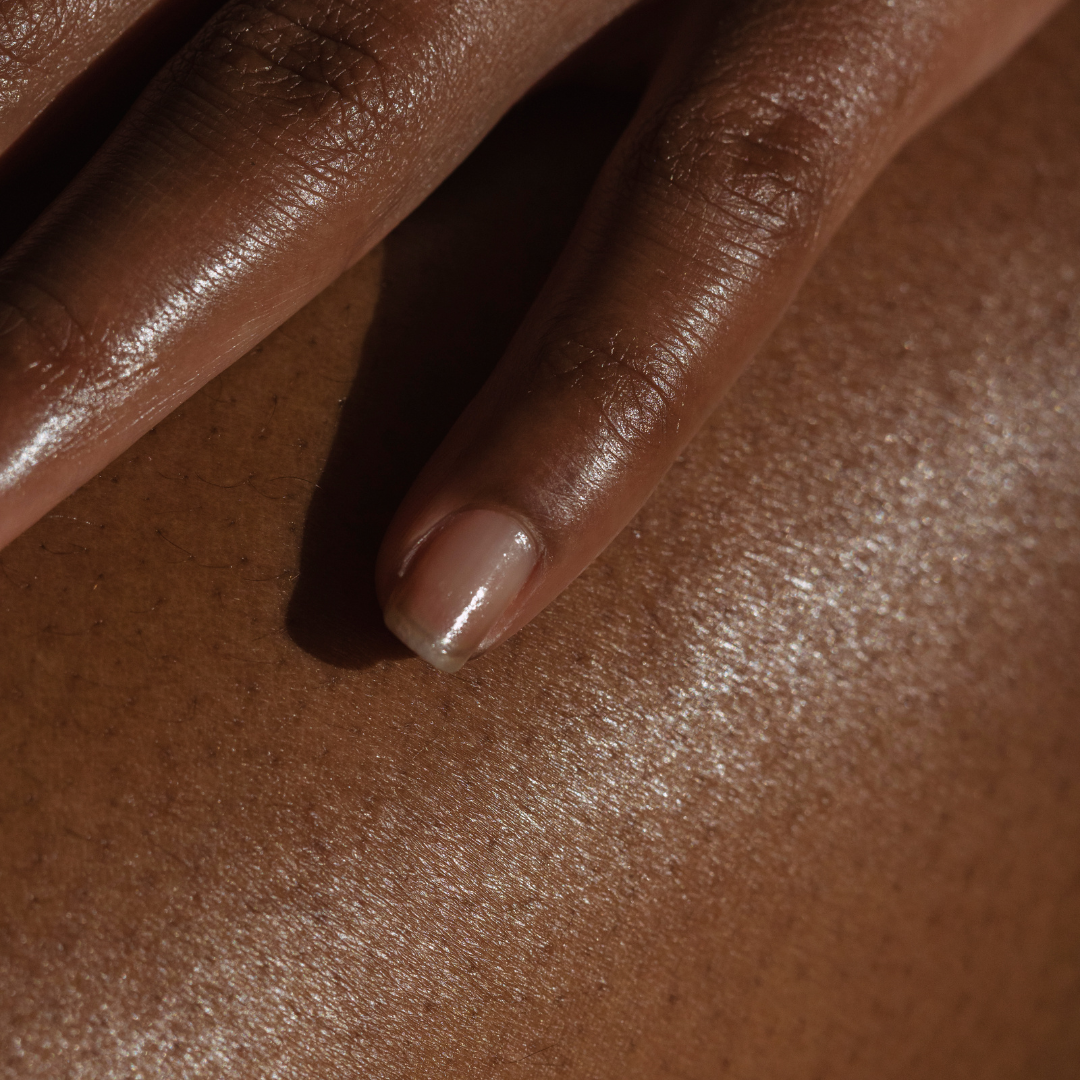New to Natural Skincare

Why has natural skincare gained so much popularity in recent years?
The popularity of natural skincare can be attributed to several factors. First and foremost, people are becoming more aware of the potential risks associated with synthetic ingredients commonly found in conventional skincare products. They are seeking alternatives that are gentle, safe, and free from potentially harmful chemicals. Natural skincare offers a solution by harnessing the power of botanical extracts, herbs, and essential oils, which provide nourishment and support to the skin without the risk of adverse effects.
Natural skin care aligns with a growing interest in overall health and well-being. People are recognizing the interconnectedness of their bodies and the environment. They are opting for products that not only benefit their skin but also minimize their ecological footprint. Natural skincare often utilizes sustainably sourced ingredients, reducing environmental impact and promoting a more holistic and conscious lifestyle.
Lastly, natural skincare offers personalized solutions. Many individuals have unique skin concerns and sensitivities, and conventional products may not address their specific needs. Natural skincare allows for customization and tailoring of products to suit individual skin types, conditions, and preferences. This personalized approach resonates with consumers, as they feel their skincare routine is tailored to their specific requirements.
With so many options available, how can consumers identify truly natural skincare products from those that may claim to be natural but still contain synthetic ingredients?
It's essential for consumers to become savvy label readers. While a product may claim to be natural, it's crucial to examine the ingredient list thoroughly. Look for products that primarily contain plant-based ingredients, botanical extracts, and essential oils. Avoid products that contain common synthetic ingredients such as parabens, sulfates, phthalates, and artificial fragrances.
Certifications can also provide guidance. Look for products that are certified organic or have reputable third-party certifications, indicating that the ingredients and manufacturing processes meet stringent standards. Additionally, researching and supporting brands that are transparent about their sourcing, manufacturing practices, and ingredient selection can help ensure that you are choosing genuine natural skincare products.
When it comes to creating a natural skincare routine, what are some essential steps or products you would recommend?
A basic natural skincare routine typically involves cleansing, toning, moisturizing, and protecting the skin. Here are some essential steps and products to consider:
- Cleansing: Start with a gentle cleanser that removes impurities without stripping the skin's natural oils. Look for cleansers formulated with natural ingredients like aloe vera, chamomile, or green tea.
- Toning: Toning helps balance the skin's pH and prepares it for better absorption of subsequent products. Rosewater, witch hazel, or hydrosols can be excellent natural toners to consider.
- Moisturizing: Choose a moisturizer that suits your skin type and addresses specific concerns. Look for ingredients like shea butter, jojoba oil, or rosehip oil, which provide hydration and nourishment without clogging the pores.
- Protection: Apply sunscreen daily to protect your skin from harmful UV rays. Look for mineral-based sunscreens with ingredients like zinc oxide or titanium dioxide, which provide natural sun protection.
In addition to these steps, incorporating serums, face masks, and exfoliants into your routine can further enhance the effectiveness of your natural skincare regimen. Remember, consistency is key, and listening to your skin's needs is crucial for optimal results.
Advice to someone transitioning from conventional skincare products to a natural skincare routine?
Transitioning to a natural skincare routine can be a positive and rewarding experience for your skin and overall well-being. Here are a few tips to make the transition smoother:
- Gradual Transition: Start by introducing one or two natural skincare products at a time. This allows your skin to adjust and prevents overwhelming your skincare routine.
- Patch Testing: Before using a new product on your face, perform a patch test on a small area of skin to check for any potential allergic reactions or sensitivities.
- Be Patient: Natural skincare works with the skin's natural processes and may take some time to show visible results. Give your skin time to adjust and respond to the natural ingredients.
- Seek Professional Guidance: If you are unsure about which products or ingredients will work best for your skin type and concerns, consider consulting with a natural skincare expert or dermatologist who specializes in holistic skincare.
Remember, each person's skin is unique, and what works for one may not work for another. Embrace the journey of discovering what your skin loves and enjoy the benefits of transitioning to a natural skincare routine.



